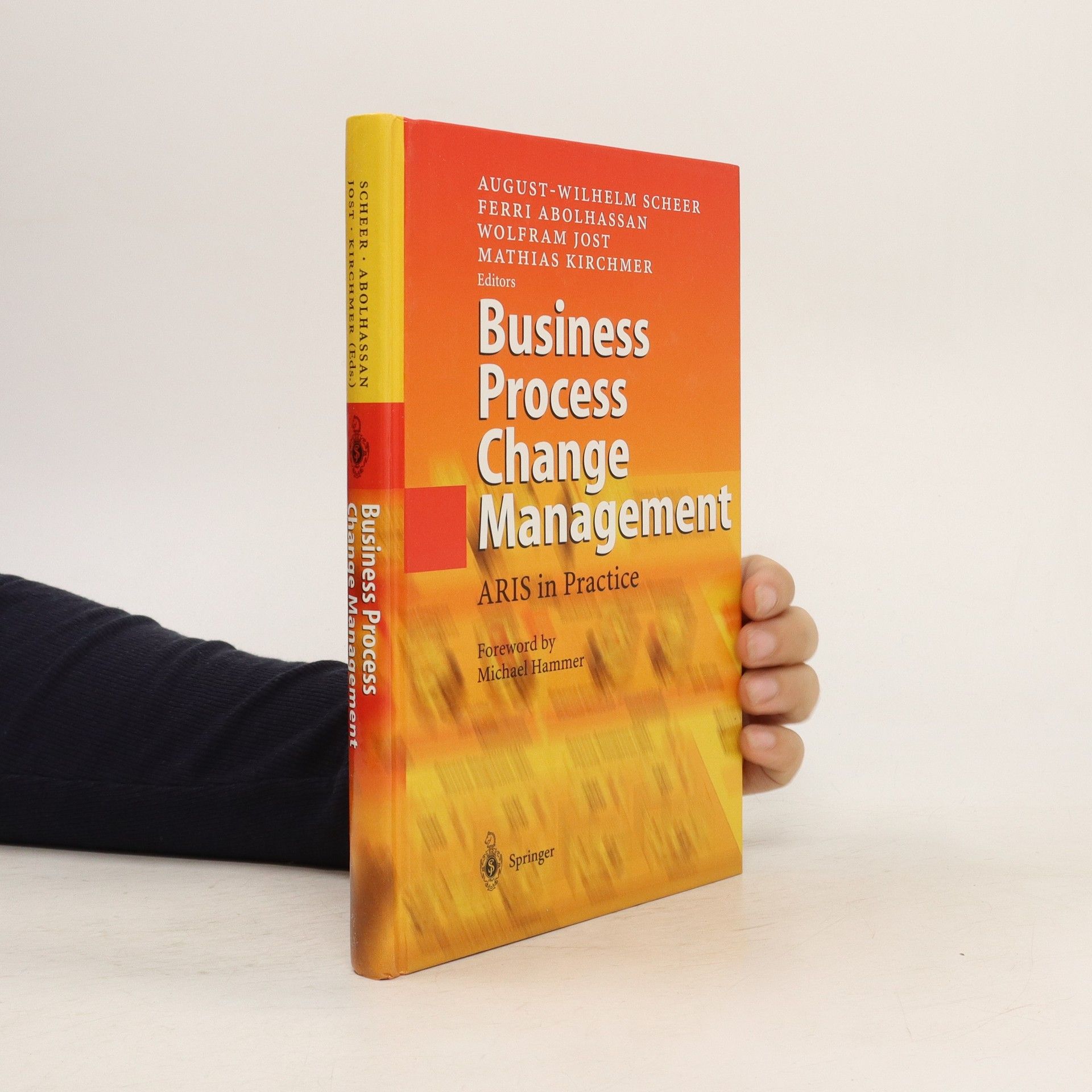Composable Enterprise: agil, flexibel, innovativ
Gamechanger für Organisation, Digitalisierung und Unternehmenssoftware
Der Nutzen der Digitalisierung liegt nicht im Einsatz neuer Technologien für bestehende Prozesse, sondern in organisatorischen Änderungen und neuen Geschäftsmodellen. Das Buch stellt das Composable Enterprise als Leitbild für eine erfolgreiche digitale Transformation und damit verbundene Kostenreduktionen und Umsatzsteigerungen heraus. Was bedeutet das? Ein Composable Enterprise ist dezentral prozessorientiert organisiert. Dadurch kann das Unternehmen schnell auf neue Situationen reagieren, Prozesse und Geschäftsmodelle entwickeln oder verändern. Die Informationssysteme basieren auf Plattformarchitekturen. Ein Paradigmenwechsel zu monolithischen Anwendungen. Branchenkonzepte für Industrie, Consulting und Hochschulen zeigen, wie Organisation und Anwendungsarchitekturen im Composable Enterprise ineinandergreifen. Der Leser erhält Inspiration, Fundament und einen Kompass für die digitale Transformation eines Unternehmens zum Composable Enterprise.








